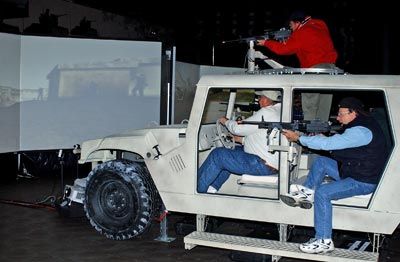Dr. James Rosser Jr. takes an innovative approach to daily surgical training. At Beth Israel hospital in New York, he keeps an Xbox and a PlayStation 2 for his personal use. But the video game systems aren't for getting in a little fun during downtime -- or at least not primarily. He uses them to prep for laparoscopic surgery.
Rosser has always been an avid gamer, and he's the driving force behind a 2002 study that goes a long way toward proving what he's always believed: There's a significant correlation between video-game skill and surgical skill. He first noticed the two were connected in medical school, when he realized that his fellow students who didn't play video games at all had more trouble with fine surgical skills than he did. And Rosser has been thinking about it since then. The study, published in the February 2007 issue of the journal Archives of Surgery, reports some pretty interesting results.
Advertisement
The surgeons who participated in the study first played the video game Super Monkey Ball. They then took a series of tests to assess their laparoscopic surgery skills. Laparoscopic surgery requires intensely fine finger movements to remotely guide surgical instruments inside a patient. In Super Monkey Ball, players move a monkey who's inside a ball through what amounts to an amusing obstacle course. But with plenty of surgical simulators out there, why practice rolling a ball containing a monkey? It's simple, really.
In this article, we'll look at the possible connection between surgery and gaming skills. The study conducted at Beth Israel is one of the first to prove the connection. On the next page, we'll find out what the researchers discovered.
Advertisement




